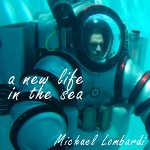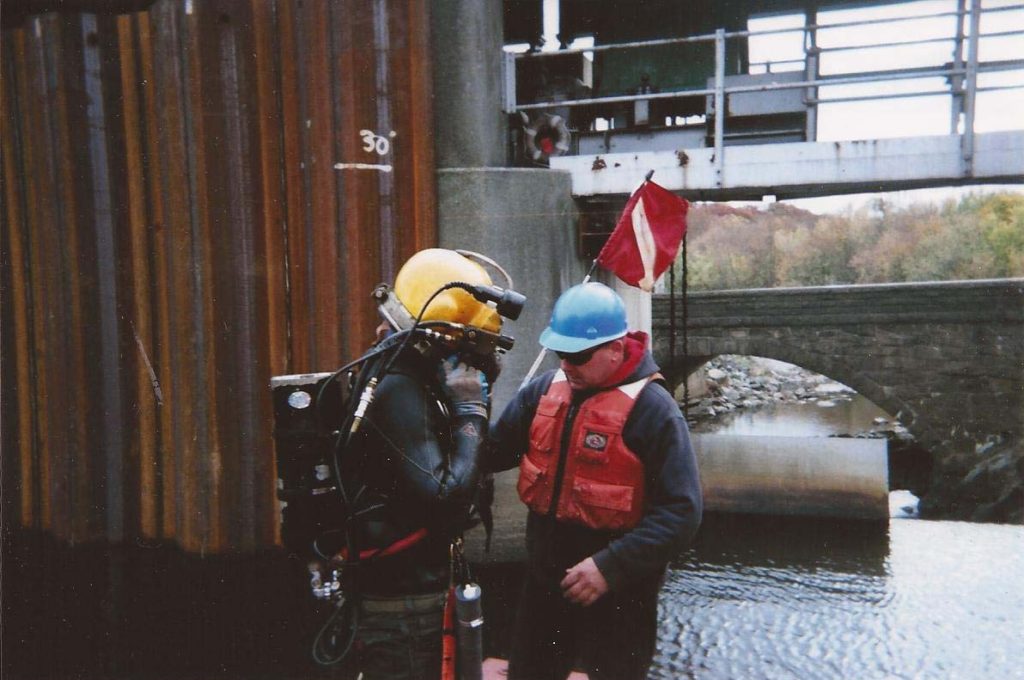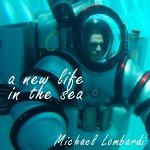 This morning I chugged down half a coffee and then slipped beneath the layer of floating cigarette butts, seaweed, and miscellaneous plastic garbage to settle in to my home for the next 90 minutes – scrubbing the hull of a sailboat that had sat stationary in a dirty marina for more than a year. Nothing short of yumminess, and I would argue that I had barnacles for breakfast.
This morning I chugged down half a coffee and then slipped beneath the layer of floating cigarette butts, seaweed, and miscellaneous plastic garbage to settle in to my home for the next 90 minutes – scrubbing the hull of a sailboat that had sat stationary in a dirty marina for more than a year. Nothing short of yumminess, and I would argue that I had barnacles for breakfast.
Those 90 minutes were some much needed solitude, and let me take a trip down memory lane…
Twenty years ago I thumbed through the phone book (sorry kids, no iPhones) and called all of the local diving companies looking for summer work. I had just learned how to dive, wasn’t very good at it (in fact found it rather uncomfortable at the time), but very much wanted to overcome a few of the things I had trouble with. The bulk of it was the mental challenge, as I struggled with yet diagnosed anxiety which did not make for a good mix with diving. With good luck on my side, one local contractor answered my call and asked, “do you want to do hullcleanings?”. I said ‘yes’, though honestly didn’t even know what a hullcleaning was. Within two days I bought a bucket of tools, most of which were the wrong ones for the job, and showed up at a marina to meet my future boss – Lyle Smith.
Lyle made quite the impression. He was loud, incredibly charismatic, and you could tell his skin was an inch thick. It was obvious that the guy was a worker, had lived a hard life, and did one thing – moved forward. There was no worry about anything. Anyway, he immediately commented on my bucket of tools saying, “You’re already my best worker. Those other guys take no initiative”. He then stripped me of my sport diving attire, got me paired down to a lean backpack, no octopus, no dangly-anything, and away we went cleaning my first hull. I apparently learned quickly and did a good job, and then kept getting the calls.
That first summer I spent a couple hundred hours underwater doing all sorts of odds and ends from cleaning hulls, to freeing fouled anchors, to recovering lost keys and wallets, to humping heavy mooring chains in the muddy bottom – mostly alone, making killer cash money for a high school kid, and learning very a many lessons for life…
I learned about self-rescue after being tangled up and being stuck less than a foot beneath the surface, but unable to get there. I learned what a ‘lock-out/tag-out’ was and why that was important, especially after working on some larger yachts that need to keep generators and pumps running 24/7. I learned the importance of attention to detail, as racing yachts wanted their hulls spotless for speed. I learned how to hustle to beat the competition to a job, I learned how important it was to invest time and energy into maintaining a state of readiness so that my answer to a job inquiry was always, always ‘yes’. I learned how to use physics to my advantage. I learned how to innovate and try to improve my capabilities with tools and technology every day. I learned how to do everything by feel, and visualize through touch. I learned how to recognize the intersection of human physical limits with technology/equipment limits. I started to learn how to cope with anxiety underwater which was often manifested through hard work and elevated CO2. I learned how to roll through the bad days, and I learnedhow to leverage the good ones. I learned how to market myself. I learned how to hustle. And, I learned a trade.
That first summer was a priceless time because I learned a trade. College followed, but I always fell back to the trade. The jobs got more complex, skills became more refined and specialized, but it was always the very same lessons learned during my on the job training that kept me going. Most of the guys I worked with for the first ten years or so were rough – they came out of various marine trades like commercial fishing, quohogging (a RI thing), welding/fabricating, towing, salvage, and similar. They led hard lives, worked hard, but that hard edge that showed through all the time was the thing I admired in all of them. They were all thick, and they always moved forward. Every diver seemed to have a specialty of sorts. They always told me that my specialty was being the smart one (being the only one with a college education and knowing how to use a computer).
Fast forward to 2010, and the stakes had raised somewhat. I was still working with Lyle Smith, though more in a partnered capacity as I became key in bidding and organizing more complex underwater construction projects. In the field, clients would love our sea stories of emergency salvage operations, run-ins with dangerous marine life, stories from the deep, remarkable feats of rigging and seamanship that seemed like they were from a Hollywood movie, and making that really good money back in the high school days…but it was all the real deal – the life aquatic if you will.

On one particular job in 2010 – the Woonsocket Falls Dam Rehabilitation – I was doing a lot of O/T and pulling 9 hours of dive time a day (<20ffw) for weeks on end. I was tough as nails at that point from seeing almost no daylight, handling heavy equipment, and may as well have grown a set of gills. I put everyone on the job (operators, dive crew, engineers) on hold one day around 1500 hours to make an important phone call. Dripping wet and still with my weight belt and bailout on, I found a little corner away from all the running machines and had a call with a program officer from National Geographic where my pitch was basically a gruff, “I’m leaving Friday with or without you”. A project site safety officer overheard my rather frank call and he asked what that was all about. I gave him the elevator pitch for the project I had proposed which was a deep natural history investigation in the Tongue of the Ocean, Bahamas. Then I suited back up for another couple of hours of drilling and epoxying anchors into the concrete spillway for the cofferdam install before calling it a day. When I surfaced for the day, the safety guy said, “geez, I hope they fund you…between all of your sea stories, doing great work for us, and being involved with exploration, do you think you’ll ever go back to cleaning boats?”. I replied, “if I had to.” He said “no, I don’t think you’ll have to”.
Well, National Geographic did fund that one, which was followed by a second one. They even asked me to visit Washington DC to get up on stage and give a talk about the projects. That followed with some international attention, and being lured into corporate world (still diving) with a cushy salary for a few years – all of which was only to come undone as corruption and unethical practices led to the dissolution of what could have been.
Where did it leave me? Not rewound 20 years by any means, nor did it remove me from the life aquatic. If anything, it brought me back to what is important, and where I have alwayss found the most value in life…I am refocused, taking advantage of those many life lessons from that first year in the field, incorporating yet a new wave of life lessons, and moving forward – just like I saw in my fellow hardened and salty colleagues over the years. There were always questions that I never asked of these guys. Their thick skin and salted brow was telling enough. Now I guess its my turn. I can honestly say that there is nothing more rewarding than being challenged day in and day out by the life aquatic…and there is no stopping a diver. I’ve earned my thick skin the hard way, my brow is salty, I’m moving forward – and I eat barnacles for breakfast – by choice.

